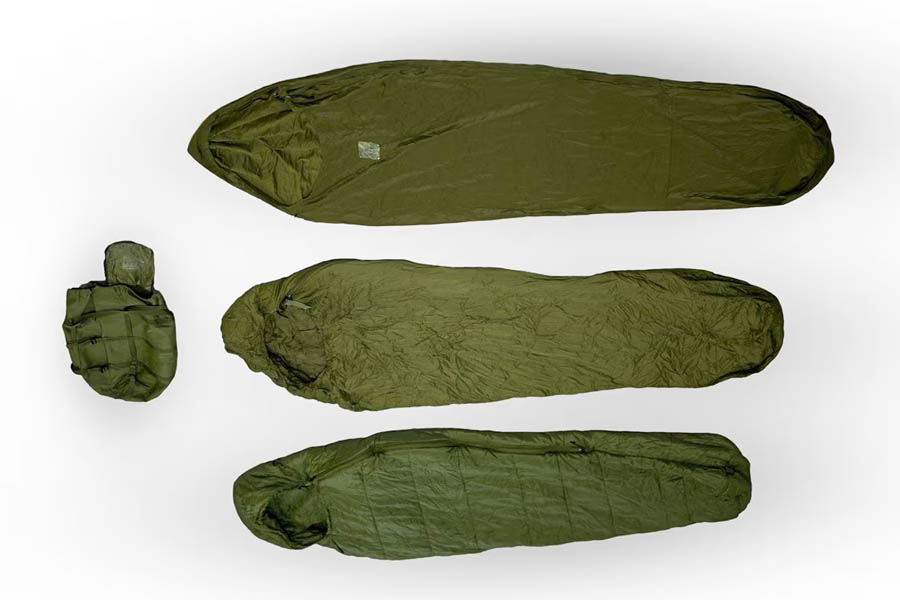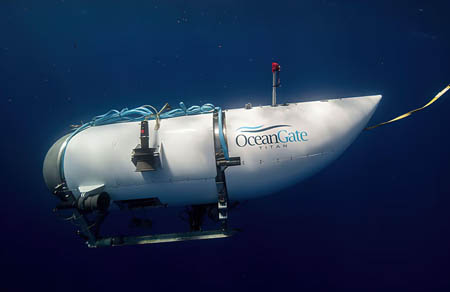
Sleeping bags issued by the Canadian military. Photograph: Canadian armed forces
Critical Review and Analysis of the Article: Canadian Military Admits New Sleeping Bags Are Not Suited to Canadian Winters
For Whom It's Directed/ Date: Fri 13 Sep 2024 19.32 BST / Published By: The Guardian
This article, written by Chris Michael, is primarily aimed at the Canadian public, including taxpayers, military personnel, defense analysts, and government officials. It also addresses international observers interested in military procurement and spending, particularly in cold-weather environments like Canada’s Arctic regions.
Positive Aspects:
Transparency: The Canadian military’s admission of the issue demonstrates a level of transparency that is commendable. By acknowledging the failure of the new sleeping bags in real-world winter conditions, they open the door for necessary corrections. 🇨🇦
Focus on Solutions: While the military faced criticism, the article also notes their proactive stance in finding a solution, such as loaning out the original Arctic sleeping bags and planning to buy new winter-suited sleeping bags. This shows a commitment to soldier welfare and continuous improvement. 🔧
Expert Opinion: Including the perspective of Rob Huebert, an expert in Arctic military affairs, adds depth to the piece. His humorous yet critical comment about Canadian Tire connects with a wide audience and brings home the point that simple, practical solutions might have been overlooked. 🏕️
Negative Aspects:
Procurement Mismanagement: The article raises concerns about the military’s procurement process. Spending C$34.8 million on sleeping bags that don’t adequately serve their purpose in harsh Canadian winters is a significant oversight. This points to a lack of rigorous testing, especially for a country known for its cold climates. It raises questions about the efficiency and priorities of the defense department. 💸❄️
Lack of Detail: One weak point is that the article does not elaborate on the cold-weather testing process or lack thereof. The military’s vague response about the "rigorous competitive process" leaves readers wanting more details on how the decision to purchase was made, and why those bags were considered fit for purpose without robust winter testing. 🔍
Public Accountability: While the article reports the issue, it doesn’t delve into who in the procurement chain should be held accountable for this misstep. For C$34.8 million to be spent without adequately addressing Canadian winter needs should raise accountability concerns that the article leaves unexplored. 😡
Overall Analysis:
The article strikes a balance between reporting on a significant issue (poor procurement decisions for military gear) and offering some light-hearted moments with expert commentary. However, it leaves unanswered questions about the procurement process and public accountability. The issue highlighted here is more than just about sleeping bags—it hints at broader concerns regarding military spending and preparation in cold-weather conditions that are critical for Canada’s defense strategy in the Arctic.
The takeaway is clear: better testing, stronger accountability, and a focus on practical solutions are needed to prevent this kind of expensive oversight in the future.
#CanadianMilitary 🇨🇦 #ProcurementFailure 💰 #WinterGear ❄️ #ArcticDefense 🛡️ #TransparencyMatters 🔍 #TaxpayerMoney 💸 #ColdWeatherChallenges 🌨️ #MilitaryOversight 🏕️ #DefenseProcurement
Thank you for reading: globalpostheadline.com





